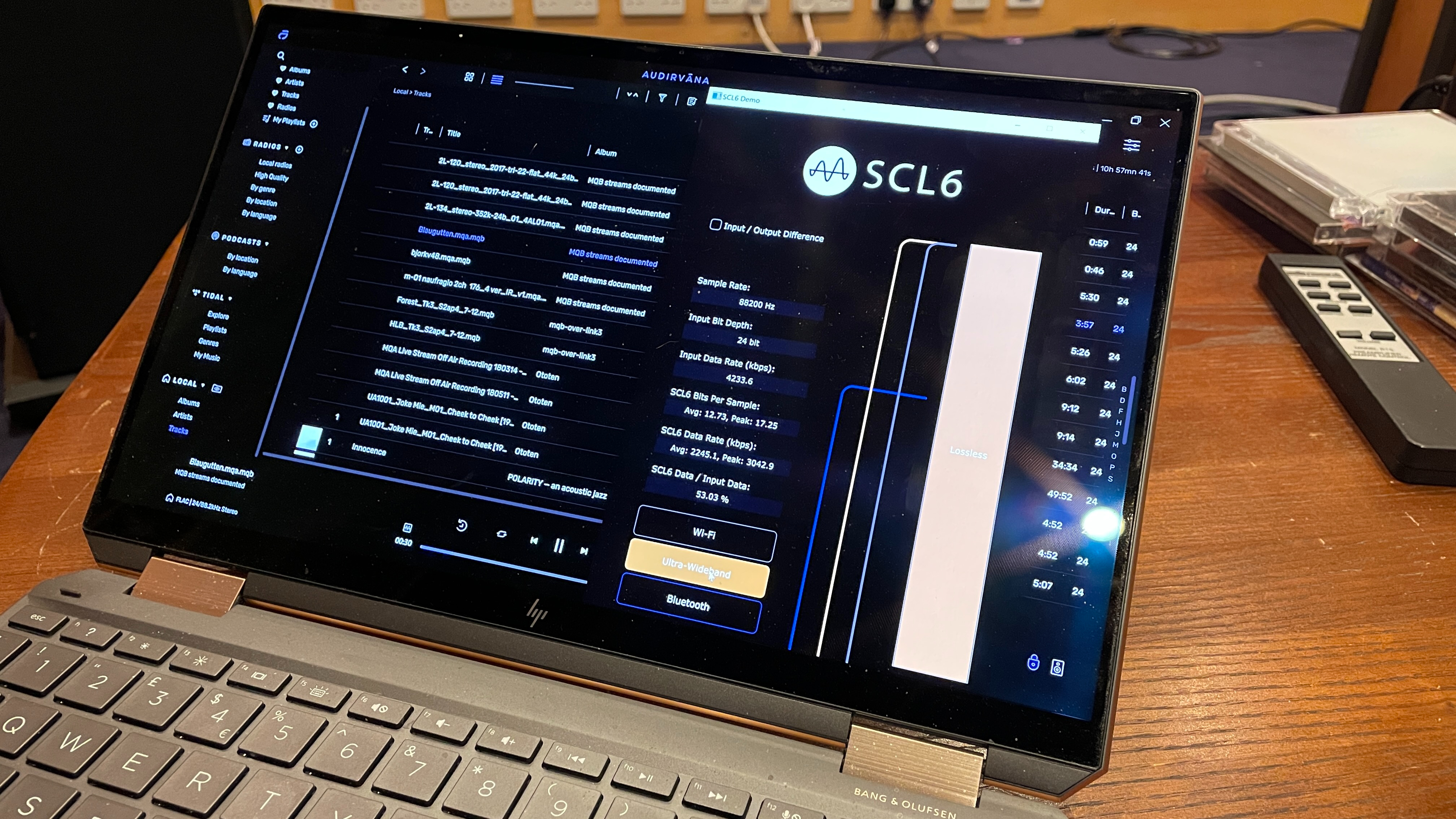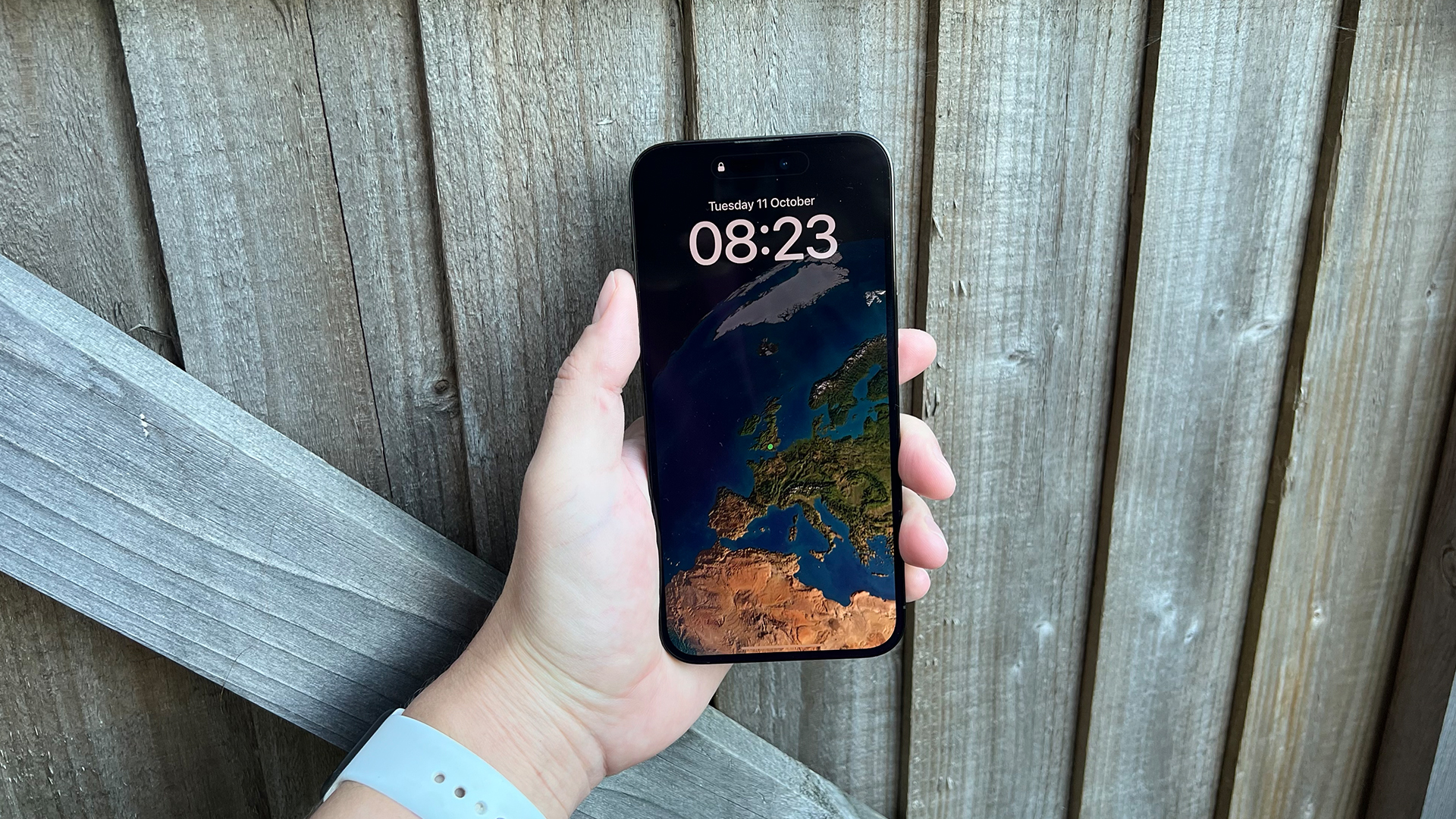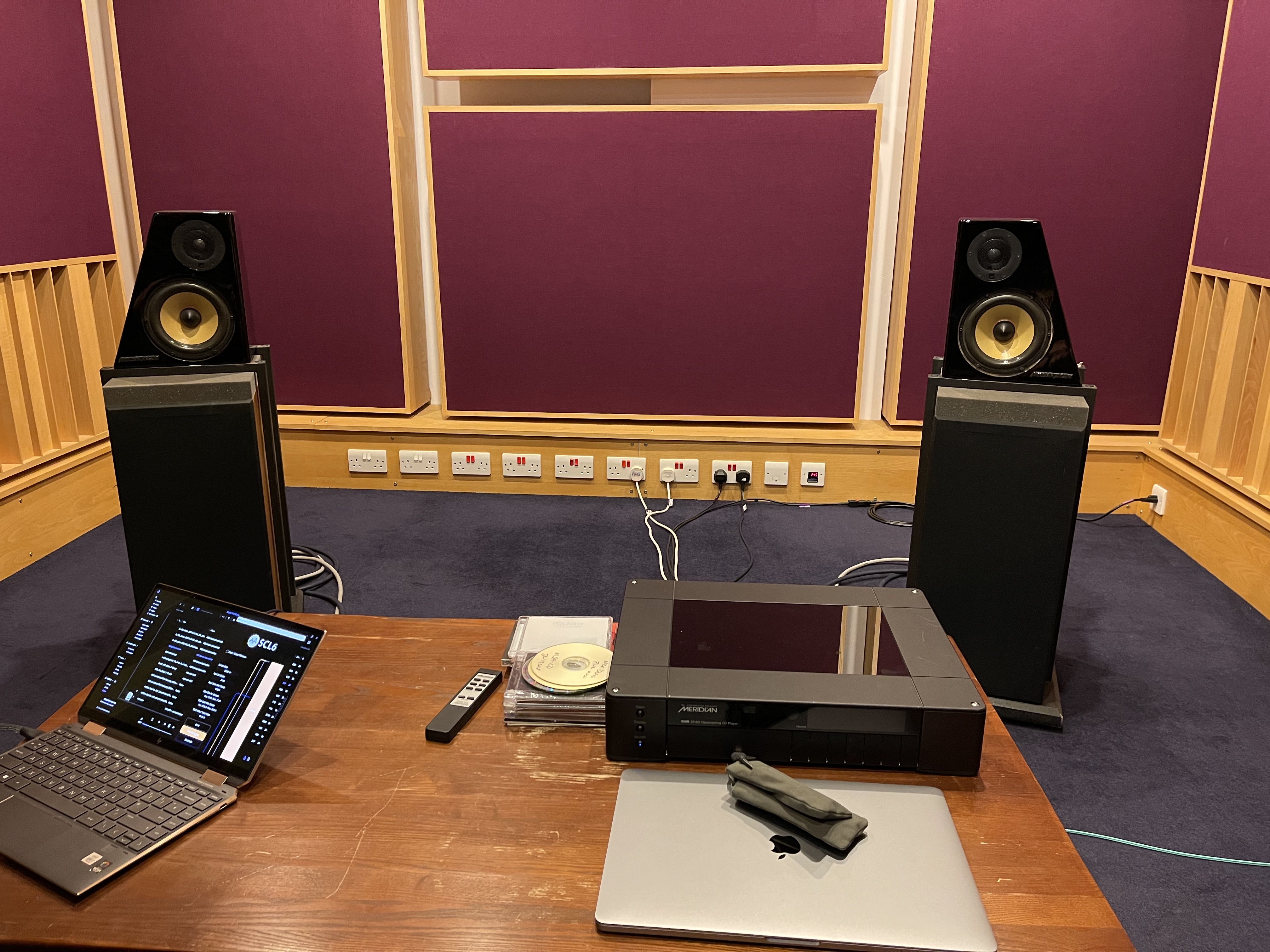What is SCL6? All the facts on the future of wireless audio
Better sounding music over Bluetooth? Yes, please

Wireless connectivity is pivotal to the way many of today’s high-tech products work. From wireless headphones to wireless speakers there is a push to improve performance standards. Up until recently, there has been a significant quality bottleneck, particularly when it comes to Bluetooth performance. But, that could be about to change with the introduction of MQA’s SCL6 transmission codec.
What is SCL6?
SCL6 isn’t the catchiest of names, is it? The name comes from the fact that this is the sixth generation of scalable code that MQA has developed. At first, the company seemed keen to brand the new codec as MQair, but has now reverted to the rather less catchy SCL6 tag (for the time being, at least).
SCL6 is a way of packaging a file for transmission, in much the same way as say, aptX or LDAC, and works for broadcast and streaming across Bluetooth, UWB (Ultra Wide Band) and wi-fi. Also, SCL6 can work with any file type, not just MQA, and regardless of whether the connection is wireless or not.
This codec could be a real game-changer when it comes to the wireless transmission of high-quality files, whether they are audio or video. Scalability is one of the cleverest things going on here. SCL6 is adaptable, reacting to the quality of the link between the sending device and the receiver. It can vary in data rate from 200kbps (lossy) all the way up to 20Mbps (lossless) depending on the bandwidth of the connection. This ability to switch between lossless and lossy operations is unique, as is the capability of sliding up and down that scale as the connection quality changes. At the top end, it is able to losslessly carry 24-bit/384kHz PCM files.
Apart from transmission capabilities, SCL6 also stands out because it optimises the time-domain aspects of the signal, rather than prioritising the frequency domain, as most compression codecs do. The claim is of a better, more accurate sound than the alternatives with fewer audible artefacts. Thankfully, SCL6 isn't power-hungry, so battery life on your devices shouldn’t be an issue.
What do you need in order to hear SCL6?

Simple. You need a source (say, a smartphone) and receiver (wireless headphones, for example) compatible with the codec. There are no specific hardware requirements, so in some cases, SCL6 compatibility could be a software upgrade away, provided both ends have enough in the way of processing power to cope with the demands.
Which products support SCL6?

At the moment, none. MQA is in talks with a number of potential partners, including phone companies. Understandably, it is not willing to share any details as yet, but don’t be surprised to see announcements of SCL6-compatible products later in the year. We suspect it’ll be next year before those are available to buy.
SCL6 vs apt X Lossless vs LDAC
SCL6 wins the data rate battle on paper. MQA claims a peak data rate of 20Mbps, which is enough to carry 24-bit/384kHz PCM files, but that depends on the bandwidth of the connection. Over Bluetooth it is claimed to stream CD-spec files (16-bit/44.1kHz) losslessly provided the connection is good enough to handle at least 700kbps, but shifts to lossy mode if asked to handle higher-resolution streams. Also, the company has optimised the time-domain performance of the files, which could well give the new codec a decisive sound quality advantage. In comparison, Qualcomm's aptX Lossless (the closest competitor) has a claimed maximum data rate of around 1Mbps while LDAC lags slightly at 990kbps.
Like SCL6, both aptX Lossless and LDAC are scalable depending on the quality of the connection between source and receiver, but to a more limited degree. aptX Lossless works from 140kbps to 1Mbps, while LDAC has three steps – 330kbps, 660kbps and 990kbps. As a guide, CD with its 16-bit/44.1khz resolution has a date rate of 1411kbps.
Sound quality? While the numbers suggest a win for SCL6, we’ll have to wait until we hear compatible products to confirm that. But, the idea of finally being able to hear better sound quality through a Bluetooth connection is tantalising.
MORE:
Read our SCL6 hands-on review
Find out which are the best phones for music in our handy guide
Check out our best wireless headphones guide
These are the best portable music players we've tested
Get the What Hi-Fi? Newsletter
The latest hi-fi, home cinema and tech news, reviews, buying advice and deals, direct to your inbox.

Ketan Bharadia is the Technical Editor of What Hi-Fi? He has been reviewing hi-fi, TV and home cinema equipment for almost three decades and has covered thousands of products over that time. Ketan works across the What Hi-Fi? brand including the website and magazine. His background is based in electronic and mechanical engineering.
